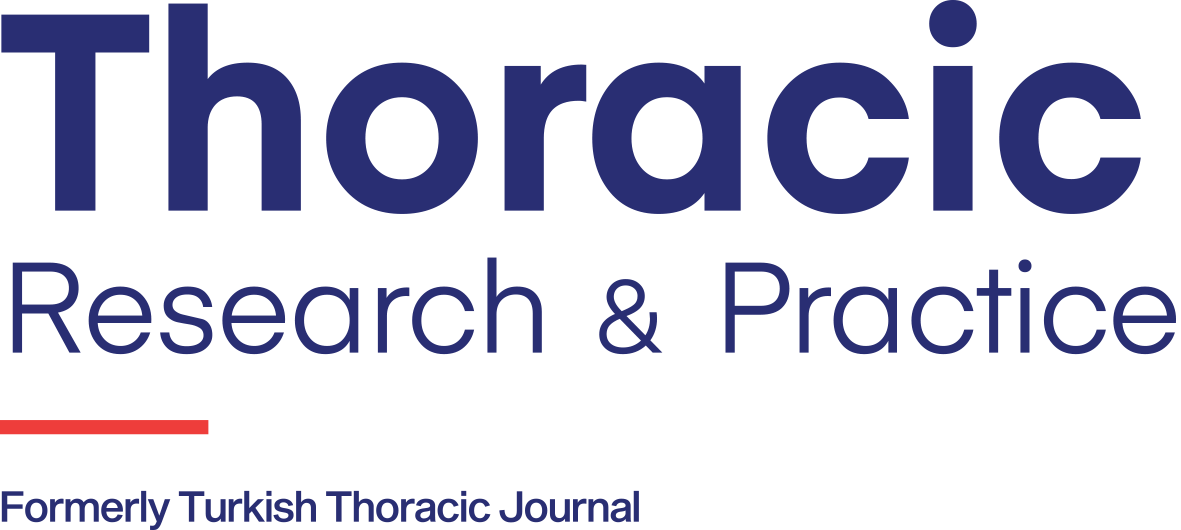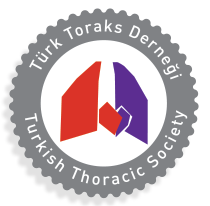Abstract
Occupational and environmental lung diseases are on the rise because of the widespread use of various toxic agents in industry. Asthma etiopathogenesis is unclear because of exposure to high and low molecular agents in workplaces. Approximately 15–25% of asthma in adults is reported to be related to occupational exposure. The prevalence of occupational asthma (OA) is predicted to be high. The difficulties in diagnosing OA results in inadequate treatment, permanent airway damage, and medicolegal and social problems. As with other occupational diseases, it is necessary to demonstrate a direct causal relationship between the suspected agent and OA. Spirometry, peak expiratory flow rate, and/or non-specific bronchial hyperresponsiveness are frequently used to show airway hyperresponsiveness at the workplace and away from work. However, there are some controversies about the specificity and sensitivity of these test methods. Furthermore, these tests do not identify the exposure agent, which could be the causative agent. Specific inhalation challenge (SIC) tests that demonstrate the direct causal relationship are currently the gold standard. However, their positive and negative predictive values have not yet been established; therefore, many low molecular weight agents could cause late or atypical reactions. Therefore, a negative SIC test cannot exclude the disease. This review describes the procedures for the SIC test and discusses the importance of using the combined test methods with the SIC test.
Cite this article as: Akgündüz Üzmezoğlu B. Inhalation Challenge Tests in Occupational Asthma: Why Are Multiple Tests Needed? Turk Thorac J 2021; 22(2): 154-62.



